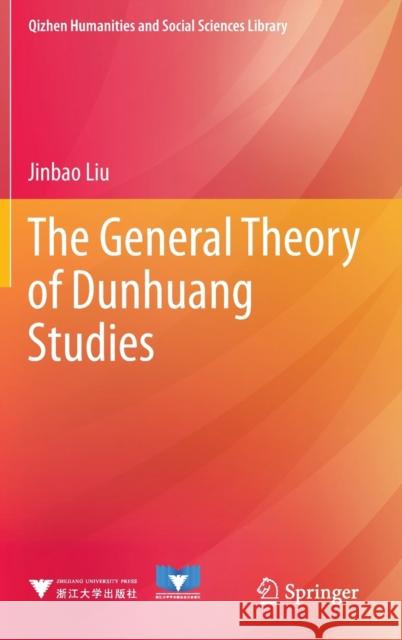The General Theory of Dunhuang Studies » książka
topmenu
The General Theory of Dunhuang Studies
ISBN-13: 9789811690723 / Angielski / Twarda / 2022 / 352 str.
The General Theory of Dunhuang Studies
ISBN-13: 9789811690723 / Angielski / Twarda / 2022 / 352 str.
cena 483,04
(netto: 460,04 VAT: 5%)
Najniższa cena z 30 dni: 462,63
(netto: 460,04 VAT: 5%)
Najniższa cena z 30 dni: 462,63
Termin realizacji zamówienia:
ok. 22 dni roboczych.
ok. 22 dni roboczych.
Darmowa dostawa!
Dunhuang studies refer to a discipline focusing on Dunhuang Manuscripts, Dunhuang grotto art, the theory of Dunhuang studies, and Dunhuang history and geography. It is a broad subject of studying, excavating, sorting, and protecting the cultural relics and documents in the Dunhuang area of China.
The General Theory of Dunhuang Studies explores the basic concept of Dunhuang studies. It presents a more comprehensive and systematic study of six aspects of Dunhuang, covering the background of Dunhuang studies in orientalism, the history of Dunhuang, Dunhuang grotto art, the scattering of Dunhuang cultural relics, Dunhuang manuscripts, and the history of Dunhuang studies, and discussing and summarizing the relevant national and international research.
The General Theory of Dunhuang Studies has extensively absorbed the research achievements of domestic and foreign academic circles and the author's decades of academic research experience. As a comprehensive and systematic academic monograph with both academic depth and extensive readability, the book provides descriptions, theory and objective comments written in a clear and straightforward style; the book is intended for professional scholars, graduates and general readers. It is an excellent teaching and learning resource for those interested in understanding and learning about Dunhuang studies. However, it is also a helpful reference book for readers interested in Dunhuang culture.











